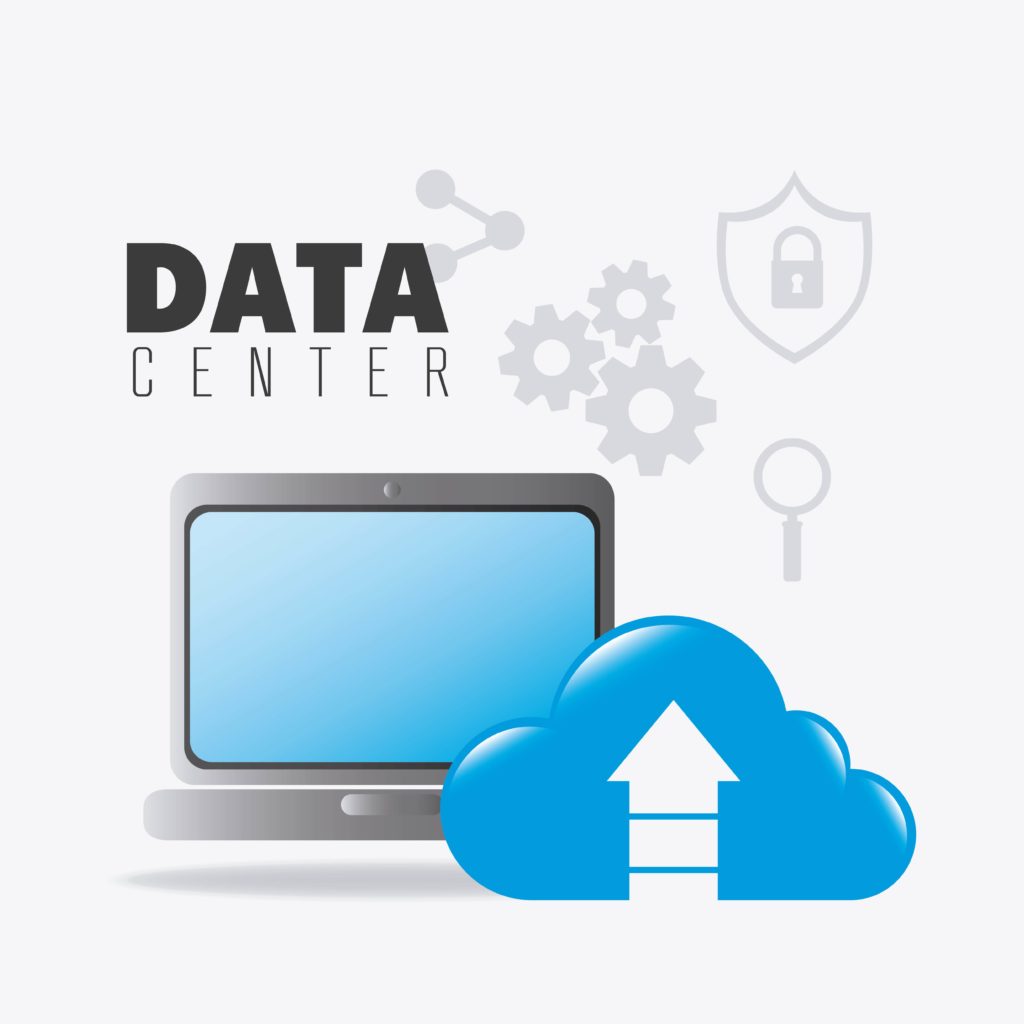
-
-
Products
- Industries
- Learn
- Partner
-
- Try Now
Implementation of modern management software has become essential for construction projects to keep a check on expenditures. The latest mobile workforce management software is gradually transforming the operational efficiency of construction projects. Today, many construction companies rely on management tools for planning, organising and estimating various aspects of a project.
Moreover, construction management tools help streamline communication channels, budget management, workforce scheduling, decision-making, and expense control. Read on to know how mobile workforce management solutions can help boost a construction business’s performance.
What is Construction Management Software?
Modern construction management applications are a bundle of project management tools that are designed specifically for construction projects. These tools help contractors improve project planning, coordination among staff members and manage construction projects.
Workforce management tools are specifically handy for:-
- Independent Builders
- Construction Managers
- Domestic And Commercial Contractors
- Building Owners
- Other Construction Industry Professionals
Construction management tools help enhance overall productivity at the job site. Leading construction ventures are investing in developing customised solutions that will help them overcome the challenges of managing large construction projects. It also helps in the estimation of potential risks right at the inception of a project.
With the increasing demand, application developers are coming up with new platforms that allow seamless coordination between work and people. The departments within an organisation can now collaborate for the optimisation of internal processes. Mobile workforce scheduling software has become an indispensable tool for contractors to manage large projects.
Drawbacks of Using Outdated Workforce Management Systems
1. Human error
In an expanding enterprise, the use of an outdated workforce management system leaves room for human errors. It can completely disrupt employee records and resource management. Inefficient manual processes significantly impact the efficiency and revenue earning capabilities of the open organisation.
2. Time management
Outdated workforce management systems involve using elaborate Excel spreadsheets and hard copy documents that are challenging to manage. It requires a lot of time and effort for completing small tasks.
3. Cost
The traditional workforce management system includes a series of unseen costs for managing the workforce and resources. It creates a series of errors that eventually leads to a loss of resources and money.
4. Miscommunication
Communication is vital to ensure the productive utilisation of the available workforce and resources. Outdated workforce management restricts the flow of information within the organisation.
5. Poor resource distribution
Deployment of resources, tools, and workforce at the worksite significantly impacts the progress of a project. Traditional workforce management fails to utilise available resources optimally.
6. Susceptible to fire, flood and other disasters
Manual record-keeping with hard copies of records is susceptible to flooding, fire and other natural disasters. Digital record-keeping is much more safe and secure. Outdated workforce management rules are expensive, time-consuming, and inefficient. Businesses get to witness a significant change in their revenues after the implementation of modern workforce management applications.
Importance of Effective Workforce Management
Technological development is gradually transforming every domain in the industry. The construction industry has hugely benefited from the integration of smart applications. Now, most contractors depend on modern technologies and digital applications to enhance their operational efficiency.
Here are a few factors that make this mobile workforce management software important for construction businesses:-
1. Simplifies the task of project management
As the projects continue to become larger and complex, contractors feel the need for a modern workforce management solution. Previously, companies used multiple tools for workforce management, but this approach was not considered very productive.
Application developers bundle functionalities of various tools under a single dashboard in workforce management software. Contractors can now view all tasks in real-time, and it adds much-needed transparency to the system.
2. Centralised documentation
The incorporation of modern workforce management scheduling software allows construction companies to track labour requirements, skill requirements, payroll, and other labour management aspects more efficiently. Project managers also receive real-time updates for adjusting cost and profitability projections.
3. Improves information sharing and access
Modern workforce management tools have added new modes of communication between the office and worksite. Managers can now view the progress and performance of every worker in real-time.
Enhancement in visibility and communication is now allowing companies to make significant growth and expansion.
The latest online workforce scheduling software also provides risk analysis for better estimation of profitability. Smart applications simplify staff management and resource optimisation.
The need for a mobile workforce management system has become critical after the global outbreak of COVID-19. Smart applications help keep the construction crew informed, safe, and connected at all times. Contractors can also make necessary changes in real-time to avoid loss of resources.

Benefits of Using Workforce Management Software in the Construction Industry
Appropriate and timely information is critical for every industry’s success. The contractors need to ensure that workers have access to the correct information at the site of work. Efficient workforce management software ensures seamless communication between the workforce and office.
Here are some direct benefits of the workforce management software in the construction industry:-
- Reduce cost
Companies can make a comprehensive cost estimation of materials and equipment in a project. Effective workforce management not only optimises labour productivity but also allows you to lower pre-construction bids, giving you a competitive edge.. Construction workforce management software creates more revenue earning opportunities by keeping a check on operational expenses.
- Proper channelling of workforce capacity
Overworked labourers have lesser productivity, and workers with no assignments tend to leave the organisation. It is crucial to optimise workloads among the entire workforce properly. Workforce management tools allow managers to monitor employees work schedule, performance, and attendance remotely.
- Resource allocation
Every stage in a project requires a different skill set. Workforce management applications allow managers to pick the right individual for a particular job based on their skills, timeline, and other factors. Construction management tools provide real-time reports to keep an eye on the output of every employee.
- Lesser downtime
In construction sites, workers lose a significant portion of time while waiting for others to finish the task. Mobile workforce software makes sure that every employee is deployed in the right place with the right job. It gives contractors more productivity and consistency.
- Accurate estimation
Contractors require making reasonable estimates for effective use of equipment, labour, and capital investment. Integration of construction management applications eliminates workforce shortage during heavy workload.
- More employee satisfaction
When employees have the correct setup instructions, their productivity improves significantly. Seamless communication between all the organisation levels creates a strong company culture and keeps the employees happy. It becomes a crucial aspect for the success of a business.
The Power of Right Construction Workforce Management Tool
Enterprises in the construction sector are gradually understanding the benefits of modern workforce management applications. However, each company has its own set of requirements and requires customised solutions depending on the project. Always look for the following four elements in the construction workforce management platform.
- Cloud-based data storage

Accessing digital data is relatively easier than a manual whiteboard or spreadsheets. Cloud-based data is less prone to human errors of misplacing data as it is stored in a secure environment. It ensures that the information is only accessible by authorised individuals.
- Integration of new features and functionality
Construction enterprises today largely depend on digital tools for various aspects of the business. Features like mobile device compatibility, real-time embedded reports, employee management, customised dashboard, etc., are essential for faster integration of tools and systems.
Additional Features of Construction Workforce Management Software
Modern workforce management platforms enhance the efficiency and visibility of construction projects at every stage. The right workforce management tool allows managers to accurately forecast cost estimation, schedule decision making, real-time monitoring, and workforce deployment.
- Customisation options
Every enterprise’s requirements vary depending upon factors like project complexity, project size, regulatory compliance, and existing tools. Contractors should always look for workforce scheduling software that offers customisable permissions, fields, and other components according to the business needs.
Conclusion- Choosing the Right Development Partner
Technological advancements are gradually transforming the construction industry’s dynamics, and this technology development will add an entirely new dimension to workforce management. Construction companies that still prefer to use outdated workforce management techniques are falling far behind others.
Enterprises need advanced workforce management solutions to keep in this highly competitive market to enhance field productivity, business profitability, and resource management.
Jungleworks understands the construction industry’s needs and focuses on creating flexible, efficient, intelligent, and capable solutions.
They develop a tailor-made solution for their clients that can save time and money. Businesses have witnessed a significant rise in revenues after integrating with the Jungleworks Construction Management tool. If you feel that your company lacks performance and faces a decline in productivity, consider integrating a full-fledged workforce management tool. To know more about how Tookan can help streamline construction projects, request a demo now.
Subscribe to stay ahead with the latest updates and entrepreneurial insights!

Subscribe to our newsletter
Get access to the latest industry & product insights.






















